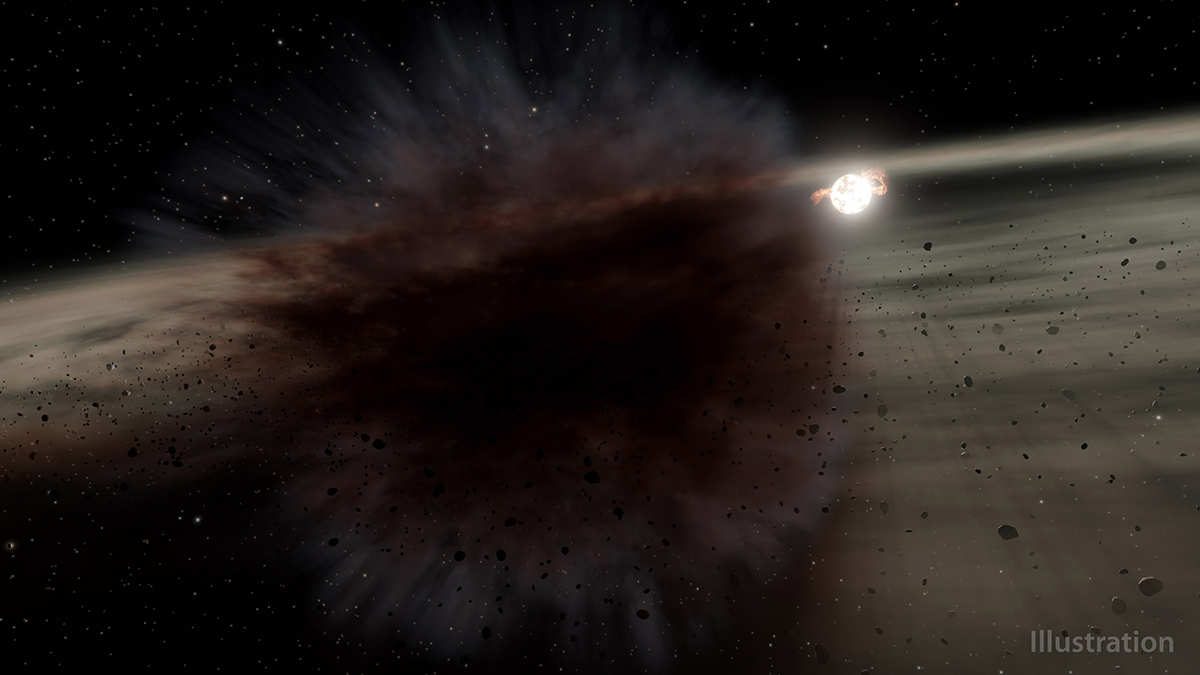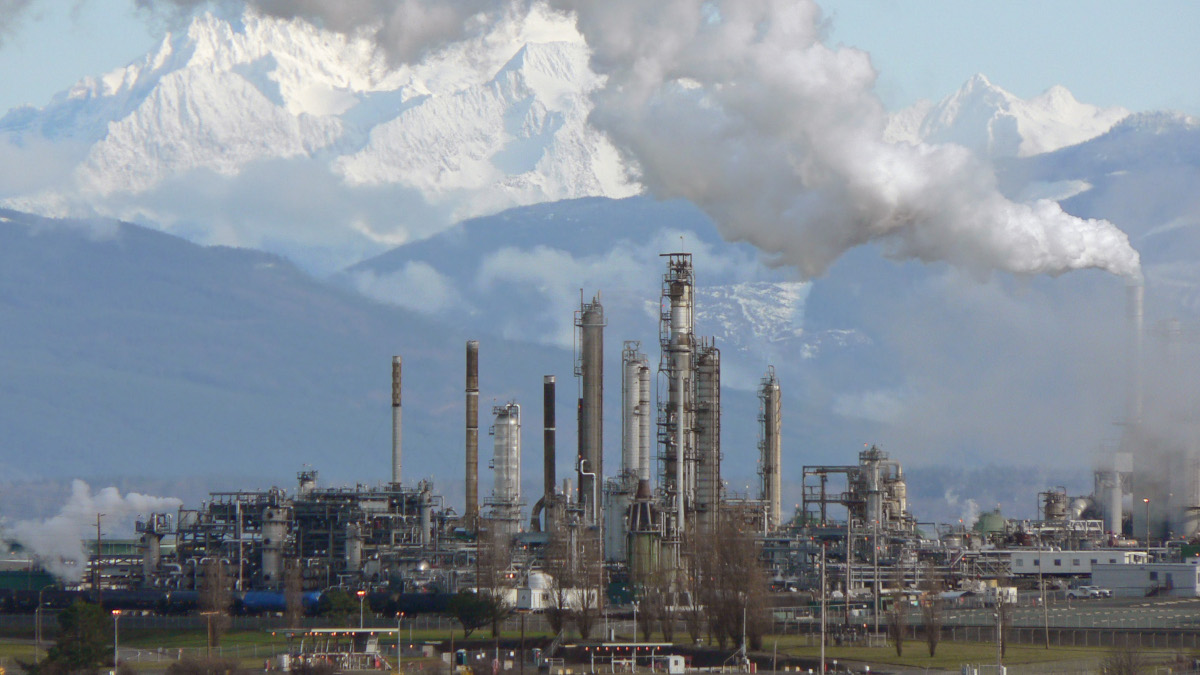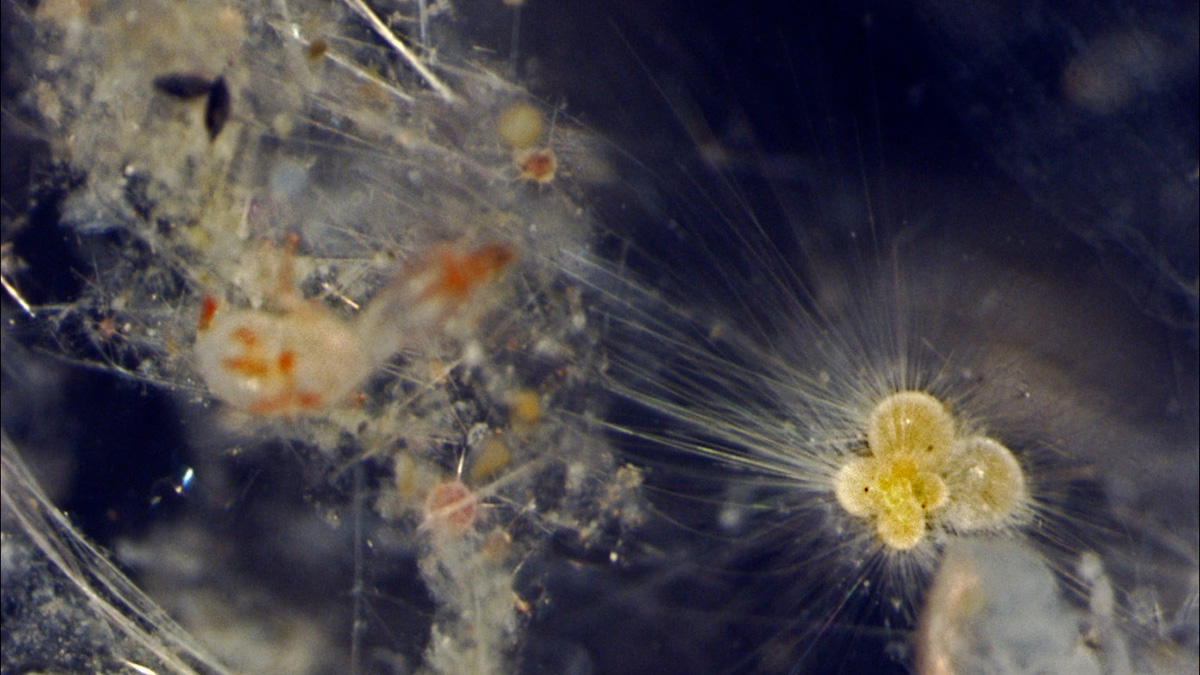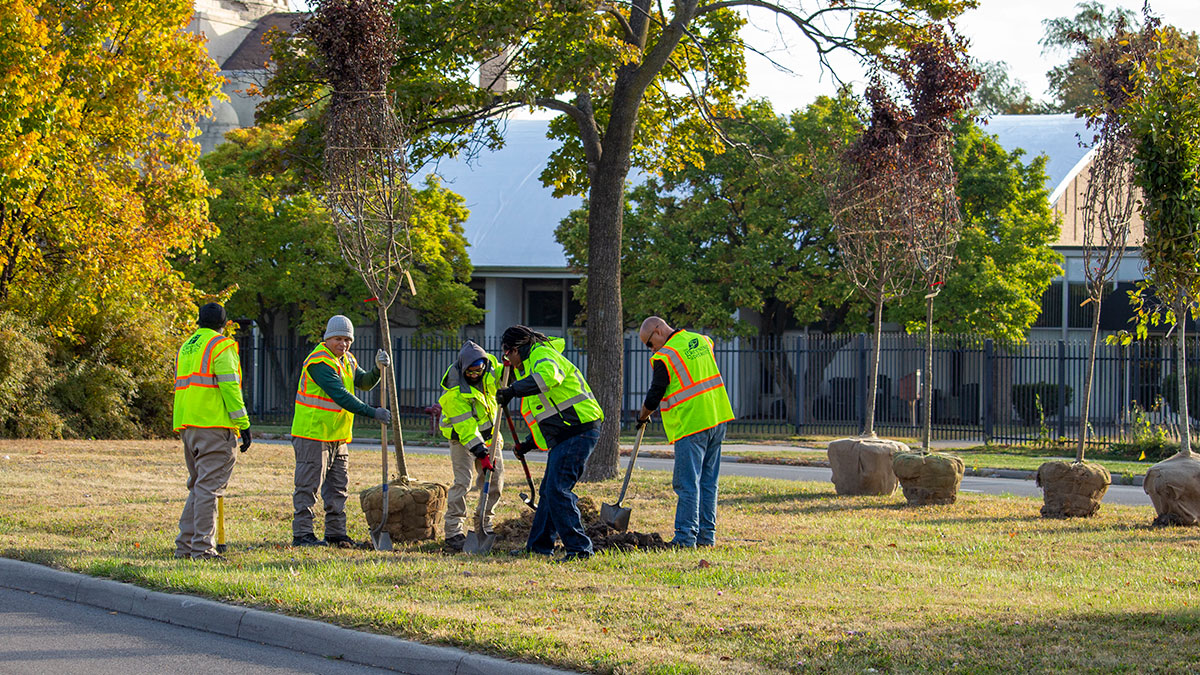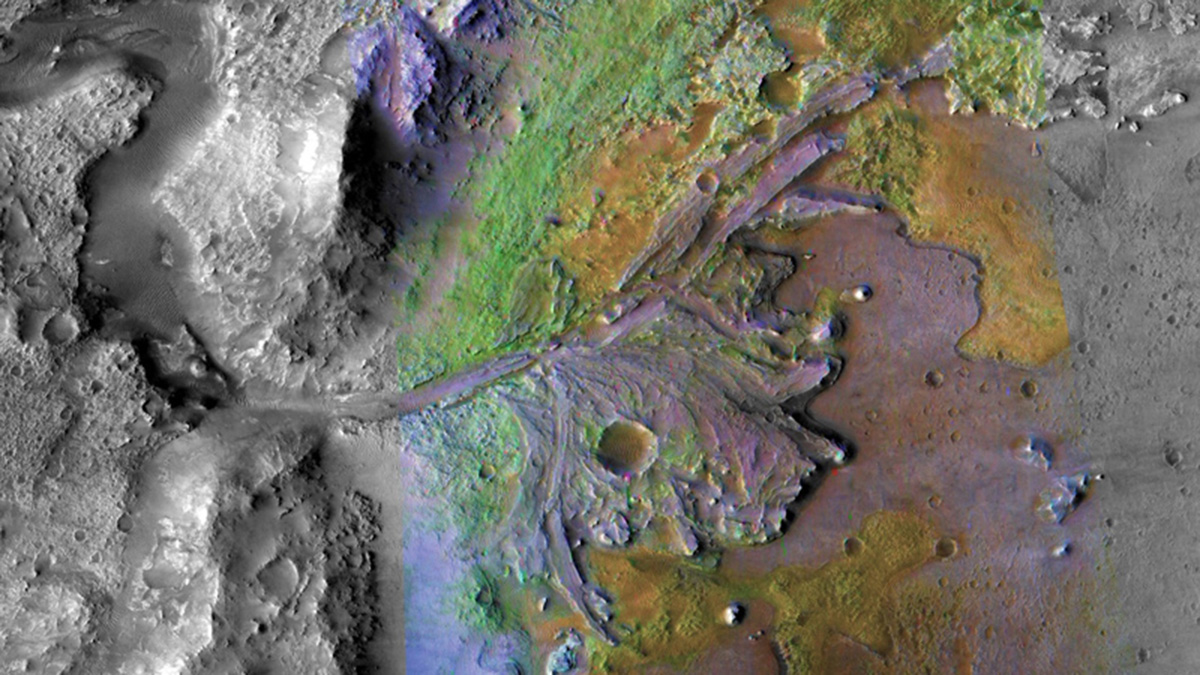A new study teases apart greenhouse gas emissions from agriculture, showing how the food we eat heats up the world.
News
Molten Meteorites Didn’t Deliver Earth’s Water
A new study has ruled out large, once-molten meteorites called achondrites as sources of Earth’s water.
Climate Change Knocks It Out of the Park
A climate curve ball: Short-term gains in home runs might soon give way to long-term problems when it gets too hot to play.
EPA Air Pollution Proposal Stirs Debate
The agency’s proposal to tighten standards for small-particulate pollution has prompted opposing calls for tighter and looser regulations.
Hypoxia Affects One in Eight Rivers Worldwide
A global study found dangerously low levels of dissolved oxygen in rivers around the world. The true prevalence of hypoxia is probably even higher.
Marine Life May Be Headed to Higher Latitudes
Researchers tracked plankton through a changing climate over 8 million years. Now, that knowledge is helping scientists understand the coming effects of warming oceans.
Cities Are Rethinking What Kinds of Trees They’re Planting
U.S. cities are losing some 36 million trees every year, but hardier species can restore their canopies.
Ten Rivers Facing Pollution, Development, and Climate Change—And Policies That Can Help
An annual report highlights 10 waterways that have arrived at forks: where public support could determine whether they receive protection.
Asteroid Impacts Could Have Warmed Ancient Mars
Hydrogen released during large impacts might have boosted Mars’s surface temperature above freezing for thousands or even millions of years, enabling liquid water to flow over the Red Planet.
As the Arctic Warms, These Rivers Are Slowing Down
The Arctic is warming up, but instead of large rivers migrating faster, they’re actually slowing down because of shrubification.


